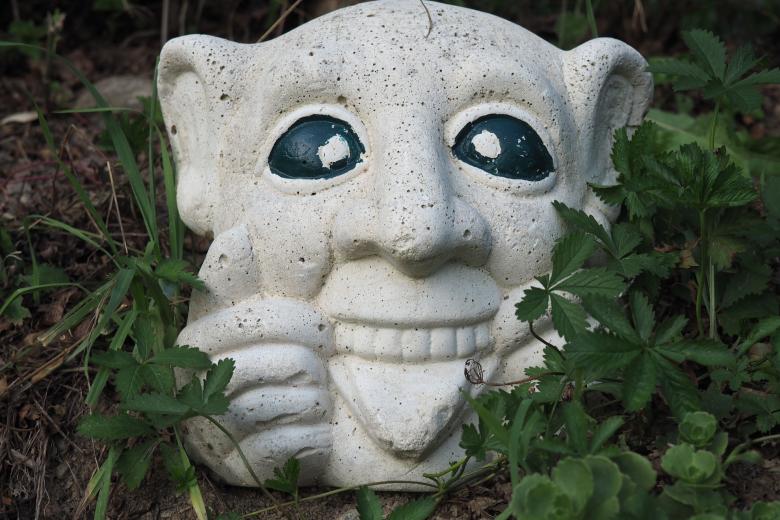Can copyright be extended eternally?
A new copyright reform (Music Modernization Act) was passed in the US Senate in 2018, comprising reforms on the term of protection for works played through online digital music services such as Spotify, Apple Music and Pandora. However, can copyright keep on being repeatedly extended? Is this extension against the public interest?
Industries lobbying for copyright extension
The lobbying for copyright extension has been rather successful in preventing works for which protection is about to expire, from falling into the public domain. In the past, the interests of powerful large businesses, such as motion pictures, the recording industry and authors in the US, have pushed the government to pass bills extending copyright. For instance, this way Disney has succeeded in keeping Mickey Mouse protected for a longer term, along with other works created in the 1920s.
US Copyright history
During the last century, the US Congress has extended copyright protection on different occasions. The first law governing music licensing was enacted in 1909, in a time when music was primarily distributed through physical media, such as phonograph records. Later on, reforms were made to adapt music licensing to new technologies, such as radio broadcast, tape cassettes and music in the form of computer files.
Moreover, the Sonny Bono Copyright Term Extension Act (also known as "The Mickey Mouse Protection Act”) has effectively increased the extension term for copyrighted works, preventing the advancement date of the public domain in the US. According to this bill, works published as of 1923 that were still protected by copyright in 1998, would not fall into the public domain at the beginning of 1999, but instead, they were protected for another twenty years, expiring in January 1st, 2019, or later.
Music Modernization Act (MMA)
Two decades after the Sonny Bono Act, the US has shifted its interest to protect and remunerate songwriters and performers in the context of online streaming and other digital music services.
Recently, digital technologies and networks had an extreme effect on how copyrighted works are distributed, communicated, and made available to the public by sharing works online through various platforms. Massive digital suppliers such as Spotify, Apple Music and Pandora became increasingly popular and now represent more than half of the music industry revenues.
Taking this into account, the latest US copyright reform “Music Modernization Act” (MMA), signed by President Donald Trump on October 2018, encompasses streaming services and accomplishes substantial changes in this sector.
The CLASSICS Act
The Music Modernization Act comprises a piece of legislation known as the "Compensating Legacy Artists for their Songs, Service, and Important Contributions to Society Act" (CLASSICS Act).
Due to a loophole in the US federal law, only sound recordings made after February 15th, 1972 were eligible to receive payments from digital music services. Consequently, it implied that streaming services could play songs by artists predating 1972 for free while still making profits from their subscription-based services.
In order to protect the interests of artists and songwriters, the CLASSICS Act extends federal copyright protection to sound recordings made prior to February 15th, 1972. This entitles creators of sound recordings to receive payments from digital music services that publicly perform those sound recordings, as well as to seek legal remedies for the protection of these recordings.
Stretching the duration of copyright law
The first proposal of the CLASSICS Act intended to grant a blanket term lasting until 2067 to all sound recordings fixed before 1976, resulting in a protection term of sometimes 144 years, if the sound recordings were fixed in 1923. However, after receiving criticism on its potential impact on the public domain, the enacted version of the CLASSICS Act provides that federal protection for pre-1972 sound recordings will expire 95 years after the date of their first publication, with an additional period of three to fifteen years, depending on how recently the song was published.
Does it seem reasonable that lobbyists keep on trying to extend copyright protection?
Although lobbyists may argue that copyright extension aims to benefit authors for the effort they put in their creations, the fact is that a longer term of copyright protection deprives the public of creative resources that could be used to produce new works.
As the extension of copyright is directed to favour right holders rather than consumers, it is reasonable that there has to be some limit on the duration of copyright, so it cannot extend indefinitely. Moreover, a clear line between works that need further protection, and works that do not, has to be drawn, in order to make works available in the public domain, and to incentivize creativity through new works.
| Written by Laura Delgado Duro IPKM student 2018/19 - More blogs on Law Blogs Maastricht |
-
When are foreign language terms descriptive and hence should be refused trade mark protection?
Recently, the General Court in the HELL coffee case has confirmed that a descriptive foreign language term (German word HELL) can be granted protection under EU trade mark law (Hell Energy v. EUIPO, T-323/20).

-
Trade marks trolls: how to prevent abusive practice?
When we talk about Trade Marks Trolls we don’t mean the ugly creature that might come to your mind. Instead, we speak about practices that constitute an abuse of trade mark law. So, how to defend yourself against such behaviour?

-
The art of claim drafting when protecting AI systems
With AI’s recent breakthrough in machine learning, now more than ever inventors are looking for ways to protect AI systems. But obtaining patent protection depends on the right claims.
